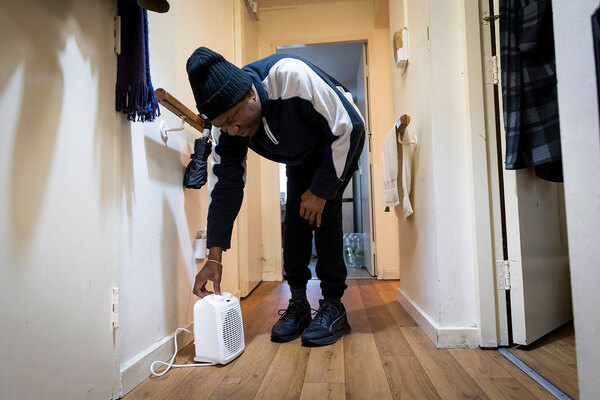Solar subsidy to be linked to PV panel costs
The government will today move to shore up the future of the bruised solar sector by announcing an overhaul of the way renewable subsidies are paid.
Climate change minister Greg Barker and newly installed secretary of state Ed Davey are expected to announce reforms to the way the feed in tariff is administered so it is financially sustainable and increases certainty for investors.
It is understood the government will introduce a mechanism that will gradually reduce – or ‘digress’ – the FIT to match the falling price of photovoltaic panels.
This is to combat concerns that the FIT has provided overly generous returns to investors and installers that has pushed the £860 million FITs pot into the red – causing the government to slash the tariff from 43.3p/kWh to 21p/kWh with just six weeks notice in December.
Two weeks ago it lost an appeal to a High Court ruling that this was ‘unlawful’ which it is appealing again at the Supreme Court.
The government is also expected to announce a second consultation on how the community energy tariff – a FIT for community groups – will be administered. Sources close to negotiations fear the community FIT will only be paid to smaller scale schemes of around 25 installations meaning most social landlords would not be included.
Under proposals in the last consultation, landlords carrying out multi-roof installations are being bracketed as ‘aggregated’ schemes and face an especially heavy cut to 16.8p/kWh from 1 April.
Pippa Read, policy leader – sustainable environments at the National Housing Federation, said: ‘After the massive uncertainty surrounding tariff reductions the solar industry and the social housing sector need confidence that any future degression can be properly planned for and is based on a robust rationale.
‘However a robust degression mechanism will not lead to the social sector’s potential investment in solar PV being realised unless existing and future tariff rates take account of the specific financial model of social housing schemes, including the split financial benefit with the free electricity going to the tenant to help reduce fuel poverty.’







